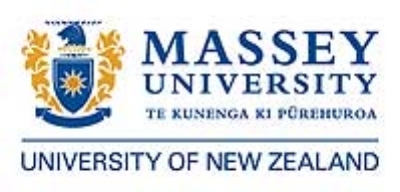17 April 2019
We have a PhD scholarship available for darknet research in New Zealand (attached). The recipient will be based at SHORE & Whariki (Massey University) in Auckland, New Zealand (with Associate Professor Chris Wilkins and Dr. Marta Rychert) and a wider team of well-known Australian drug researchers including Dr. Monica Barratt and Professor Jochen Mueller. Please feel free to circulate widely.
Doctoral Scholarship
Applications are invited to apply for a PhD scholarship with the drug research team at the SHORE & Whariki Research Centre, College of Health, Massey University, New Zealand in the field of online encrypted drug markets (known as “darknets”). The PhD is part of a wider study of the impact of darknets in New Zealand funded by the New Zealand Royal Society Marsden Fund. This three-year scholarship is valued at NZ $27,500 p.a. plus tuition fees. The candidate will be based at our offices in central Auckland, New Zealand. This scholarship could suit a candidate from a number of disciplines including computer science, criminology, health, law and economics.
Those who are interested in applying are invited to email Associate Professor Chris Wilkins with a brief outline of their relevant experience, curriculum vitae and one piece of academic writing by the 10th June 2019 c.wilkins@massey.ac.nz.
You can read about our recent research at
https://shoreandwhariki.ac.nz/chris-wilkins
https://shoreandwhariki.ac.nz/
Applying for the Scholarship
It is expected the candidate will hold a first class honour’s or master’s degree in an area relevant to the topic area. Applicants must meet the University’s criteria for entry into the PhD programme and have a grade average sufficient to be eligible for a doctoral scholarship (i.e. GPA 7.5+).
You can down load PDF here.






















